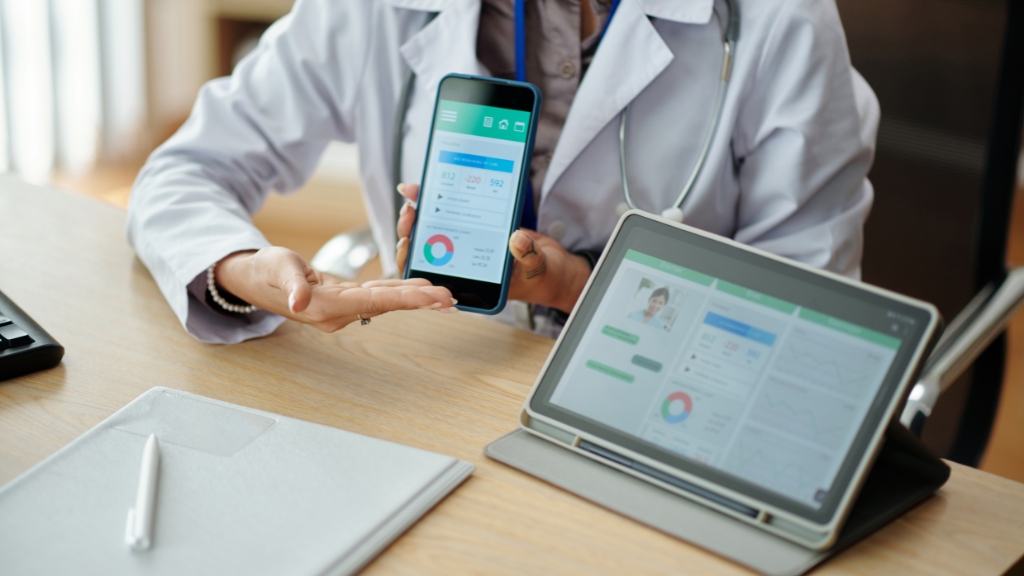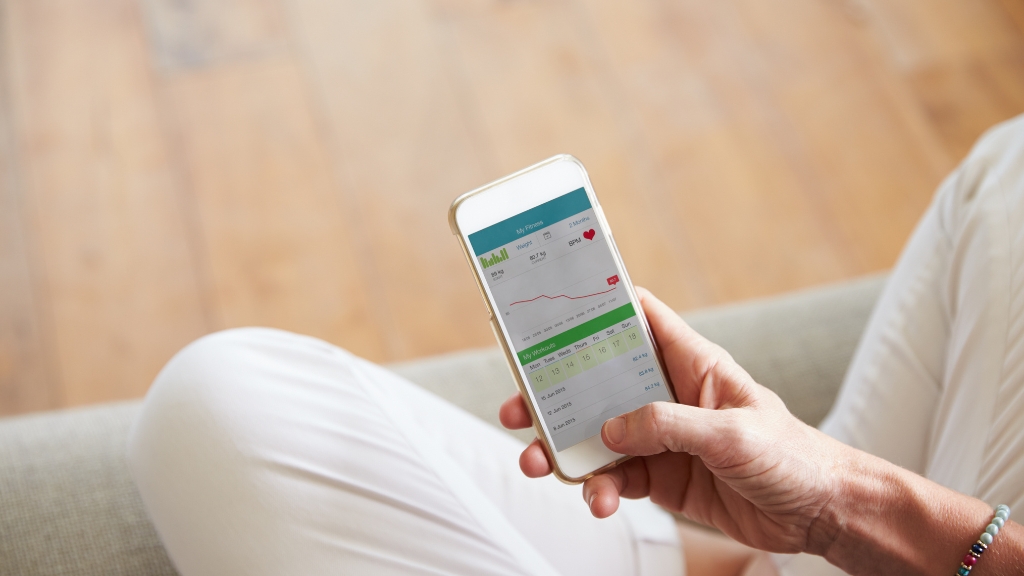
Revolutionizing Healthcare: The Power of Mobile Apps
Introduction: The New Era of Healthcare
The healthcare industry is undergoing a digital transformation, and at the forefront of this change are mobile apps. These applications are revolutionising how patients, doctors, and healthcare providers interact, making healthcare more accessible, efficient, and personalised. With the increasing penetration of smartphones and the internet, mobile apps have become an indispensable tool in modern healthcare.
Enhancing Patient Access to Care
Mobile apps are breaking down barriers to healthcare access. Patients can now consult with doctors from the comfort of their homes through telemedicine apps. These apps allow for virtual consultations, reducing the need for in-person visits and making healthcare accessible to those in remote areas or with mobility challenges. Additionally, appointment scheduling apps streamline the process, minimising wait times and improving patient satisfaction.
Empowering Individuals with Health Management
Mobile apps empower individuals to take control of their health. From fitness tracking to medication reminders, these apps offer tools that help users monitor their well-being. Fitness apps track physical activity, nutrition, and sleep patterns, providing users with insights into their health. Chronic disease management apps help patients with conditions like diabetes or hypertension monitor their symptoms and manage their medications, leading to better health outcomes.
Improving Communication Between Patients and Providers
Effective communication is crucial in healthcare, and mobile apps are enhancing this aspect significantly. Secure messaging apps enable patients to communicate with their healthcare providers in real-time, ask questions, and receive timely responses. This continuous communication fosters a better patient-provider relationship and ensures that patients are well-informed about their treatment plans.
Facilitating Remote Monitoring and Telehealth
Remote patient monitoring is another area where mobile apps are making a significant impact. Wearable devices connected to mobile apps can track vital signs such as heart rate, blood pressure, and glucose levels. This data is then transmitted to healthcare providers who can monitor the patient’s condition in real-time. This approach not only improves patient outcomes but also reduces the need for hospital visits, lowering healthcare costs.
Enhancing Medication Adherence
Medication non-adherence is a major issue in healthcare, leading to worsened health outcomes and increased costs. Mobile apps are addressing this problem by providing medication reminders, tracking doses, and even offering educational content about the prescribed drugs. These features ensure that patients adhere to their medication schedules, improving their overall health and reducing the risk of complications.
Data-Driven Insights for Better Healthcare
Mobile apps generate a wealth of data that can be used to gain insights into patient behaviour and health trends. Healthcare providers can analyse this data to identify patterns, predict potential health issues, and tailor treatments to individual needs. This data-driven approach enables more personalised care and better health outcomes.
Challenges and Future Directions
While mobile apps are revolutionising healthcare, there are challenges to be addressed. Data privacy and security are paramount, as sensitive health information is stored and transmitted via these apps. Ensuring compliance with regulations like HIPAA is crucial to protecting patient data. Additionally, the digital divide still exists, with some populations lacking access to the necessary technology.
Looking ahead, the integration of artificial intelligence (AI) and machine learning (ML) into mobile healthcare apps promises even more advancements. AI can provide personalised recommendations based on user data, while ML can improve diagnostic accuracy and predict health outcomes. As these technologies evolve, mobile apps will continue to transform the healthcare landscape.
Conclusion: Embracing the Future of Healthcare
The power of mobile apps in revolutionizing healthcare is undeniable. They are making healthcare more patient-centric, accessible, and efficient. By empowering individuals, enhancing communication, and providing valuable data insights, mobile apps are set to play a crucial role in the future of healthcare. As technology continues to advance, the potential for mobile apps to improve health outcomes and transform the healthcare industry will only grow.
Leave a Reply
- AI in Diagnostics: Revolutionizing Early Detection and Accuracy
- How AI and Advanced Analytics Are Transforming Healthcare Outcomes
- Investing with Confidence: The Role of ROI Calculators
- How ROI Calculators Drive Data-Driven Business Strategies
- The Ultimate Guide to ROI Calculators for Business Success
- Making Sense of ROI Calculators: A Comprehensive Guide
- June 2025 (1)
- May 2025 (1)
- October 2024 (2)
- September 2024 (31)
- August 2024 (31)
- July 2024 (27)
- June 2024 (28)
- May 2024 (30)
- April 2024 (33)
- March 2024 (23)
- February 2024 (29)
- January 2024 (3)
- December 2023 (47)
- November 2023 (36)
- October 2023 (23)
- September 2023 (2)
- June 2023 (2)
- May 2023 (13)
- April 2023 (1)




